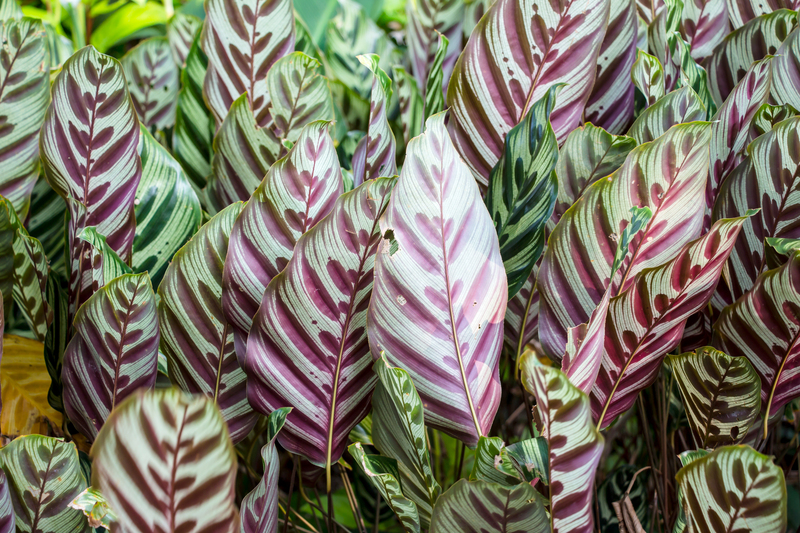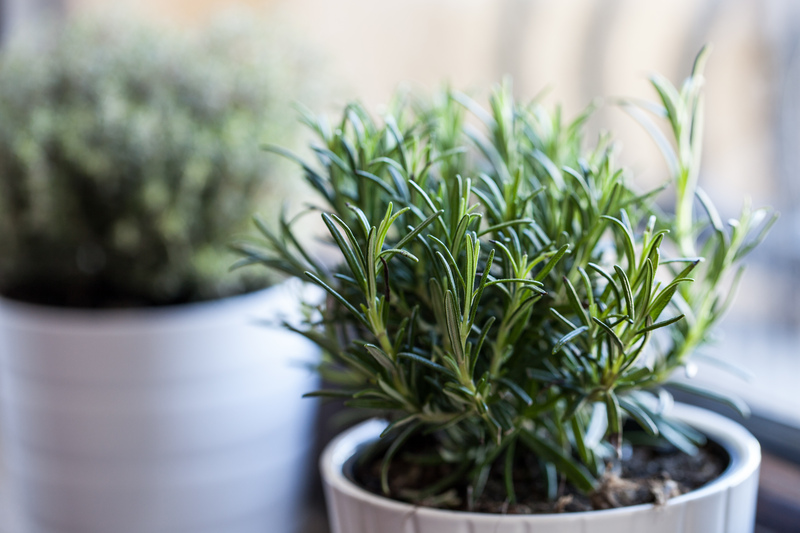The City's Natural Therapy: Gardening
Posted on 15/12/2024
In the hustle and bustle of city life, finding a calming escape can be challenging. However, a growing trend among urban dwellers is discovering the therapeutic benefits of gardening, even in limited spaces. Gardening in the city isn't just a hobby; it's a natural therapy that brings numerous physical, mental, and emotional benefits.
The Healing Power of Urban Green Spaces
Urban green spaces, whether in the form of tiny balcony gardens, rooftop terraces, or community garden plots, offer a sanctuary from the concrete jungle. These spaces provide a connection to nature, which can be profoundly restorative. Engaging in gardening reduces stress, promotes mindfulness, and fosters a sense of accomplishment.

Physical Health Benefits
Gardening is an excellent form of exercise, enhancing physical health in the process. Activities like digging, planting, and weeding provide a decent workout, improving strength, stamina, and flexibility. Additionally, exposure to sunlight while gardening helps the body produce Vitamin D, essential for bone health and immune function.
Mental and Emotional Well-being
Gardening has been shown to have a significant impact on mental health. The repetitive tasks involved in gardening, such as planting seeds and watering plants, can be meditative, reducing anxiety and depression. Moreover, the sense of responsibility that comes with caring for plants can improve self-esteem and provide a sense of purpose.
Environmental Contributions
City gardening is not only beneficial for individuals but also for the environment. Urban gardens contribute to the greening of cities, improve air quality by filtering pollutants, and support biodiversity by providing habitats for birds, insects, and other wildlife.
Creating Your Urban Garden
Starting an urban garden might seem daunting, but with a few tips, anyone can cultivate a green oasis in the city.
1. Choose the Right Plants: Opt for plants that thrive in your local climate and consider those that require minimal maintenance. Herbs, succulents, and certain vegetables can be a great start.
2. Utilize Vertical Space: Maximize limited space by using vertical gardens, hanging planters, and trellises. These not only save space but also add a decorative element.
3. Container Gardening: If ground space is limited, container gardening is an excellent alternative. Pots and raised beds can be placed on balconies, terraces, or windowsills.
4. Soil Quality: Good quality soil is essential for healthy plants. Consider using compost or organic fertilizers to enrich the soil.
5. Watering Practices: Urban gardens can dry out quickly. Implement efficient watering practices such as using drip irrigation or self-watering planters.
Pros and Cons of Urban Gardening
Pros:
- Stress Reduction: Gardening is a peaceful activity that can significantly lower stress levels.
- Physical Exercise: Encourages an active lifestyle without the need for a gym.
- Environmental Impact: Contributes to urban greenery and biodiversity.
- Mental Health: Provides a therapeutic escape from daily stressors.
Cons:
- Space Limitation: Urban settings may offer limited space for gardening.
- Initial Costs: Starting a garden may require initial investments in tools and supplies.
- Time-Consuming: Gardening requires consistent maintenance and care.
- Weather Dependency: Adverse weather conditions can affect the growth and health of plants.
Practical Tips for Urban Gardeners
- Start Small: Begin with a few pots or a small plot and gradually expand as you gain more confidence.
- Educate Yourself: Read up on gardening techniques, attend workshops, or join local gardening groups.
- Stay Consistent: Regularly tend to your garden, and don't be afraid to experiment.
- Be Patient: Gardening takes time and patience. Don't be discouraged by initial failures.

Takeaways
Urban gardening allows city dwellers to connect with nature and enjoy numerous health benefits. With a few thoughtful strategies, even small urban spaces can be transformed into lush green sanctuaries that provide both physical and mental relaxation.
Conclusion
Gardening in the city is more than just a trend; it's a powerful, natural therapy that offers numerous benefits. From improving physical health to boosting mental well-being and contributing to environmental sustainability, urban gardening is a rewarding activity for individuals of all ages. By following some practical tips, anyone can embrace this green therapy and create their own urban oasis amidst the city's hustle and bustle.












